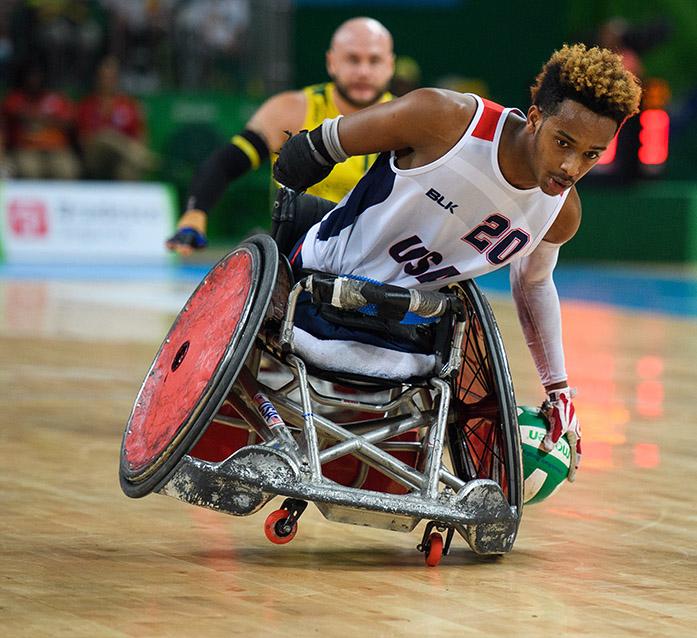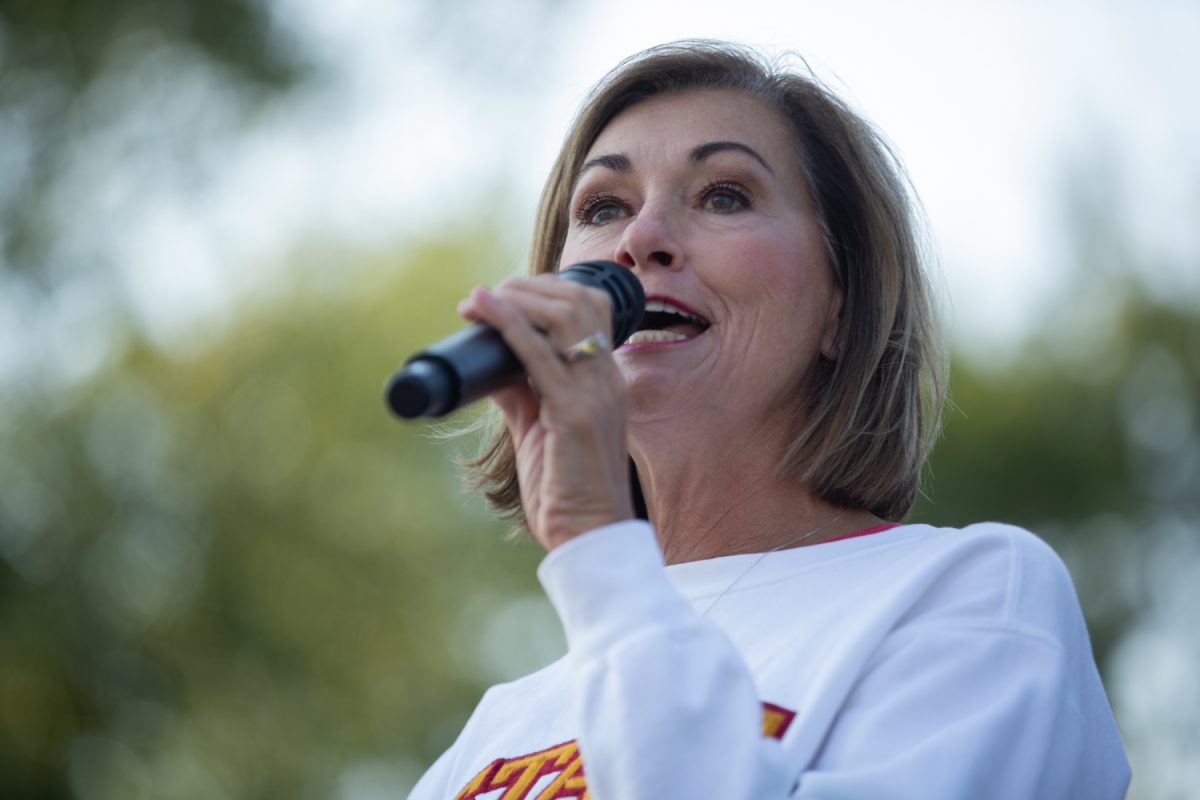This past week, four athletes beat 2016 Olympic gold-medal winner Matthew Centrowitz in the 1,500 meter race: Abdellatif Baka, Tamiru Demisse, Henry Kirwa, and Fouad Baka. All of these athletes are visually impaired and competed in the Paralympics. Unless you’re following the Palaympics, it’s not likely that you’d have heard this incredible feat.
I’m not into sports at all, but as someone in the disability community, I have been made aware of this through discussion with my peers. The discrepancy between the media coverage of the Olympics versus Paralympics is monumental. Many television networks claim that the Paralympics are having similar coverage as the Olympics for the first time ever. NBC will air 66 hours of the Paralympics, in contrast to the measly 5.5 hours it aired in 2014. And while it may be true that this is the best year in regards to coverage, that doesn’t mean coverage can’t be improved. For example, ESPN has zero hours of broadcasting the Paralympics, while it averaged 12-15 hours per day for the Olympics this year. And “similar coverage as the Olympics?” I don’t think so; NBC broadcast 260.5 hours of the Olympics this year.
So why does all of this matter? Well, it matters because representation matters. When less time is devoted to coverage of an event that features “different” people versus “normal” people (and I would also question the harmfulness of these labels), it implies, whether consciously or unconsciously, that the group less covered is less important or taken less seriously. And with such a discrepancy, it’s hard to argue with this. In the United States, at least we treat our Olympians with such reverence and respect that they are certainly a breed of celebrity. I watched a total of zero hours of this year’s Olympics, and yet I knew many of our team’s members by name and face.
Does this simply have to do with my preference of athletes? I don’t think so. Remember, I don’t even like sports. I knew about Simone Biles and the gymnastic team because my friends sent me videos of them with Zac Efron. I knew about Simone Manuel winning gold because so many people on Facebook were posting about how important and historic her win was. Which, I will readily agree, it was. Manuel was the first African-American female to win an individual swimming event in the Olympics. Considering that for an absurdly long time, African Americans were banned from white swimming pools, this is no small moment in history. But why, then, aren’t athletes with disabilities treated the same way?









